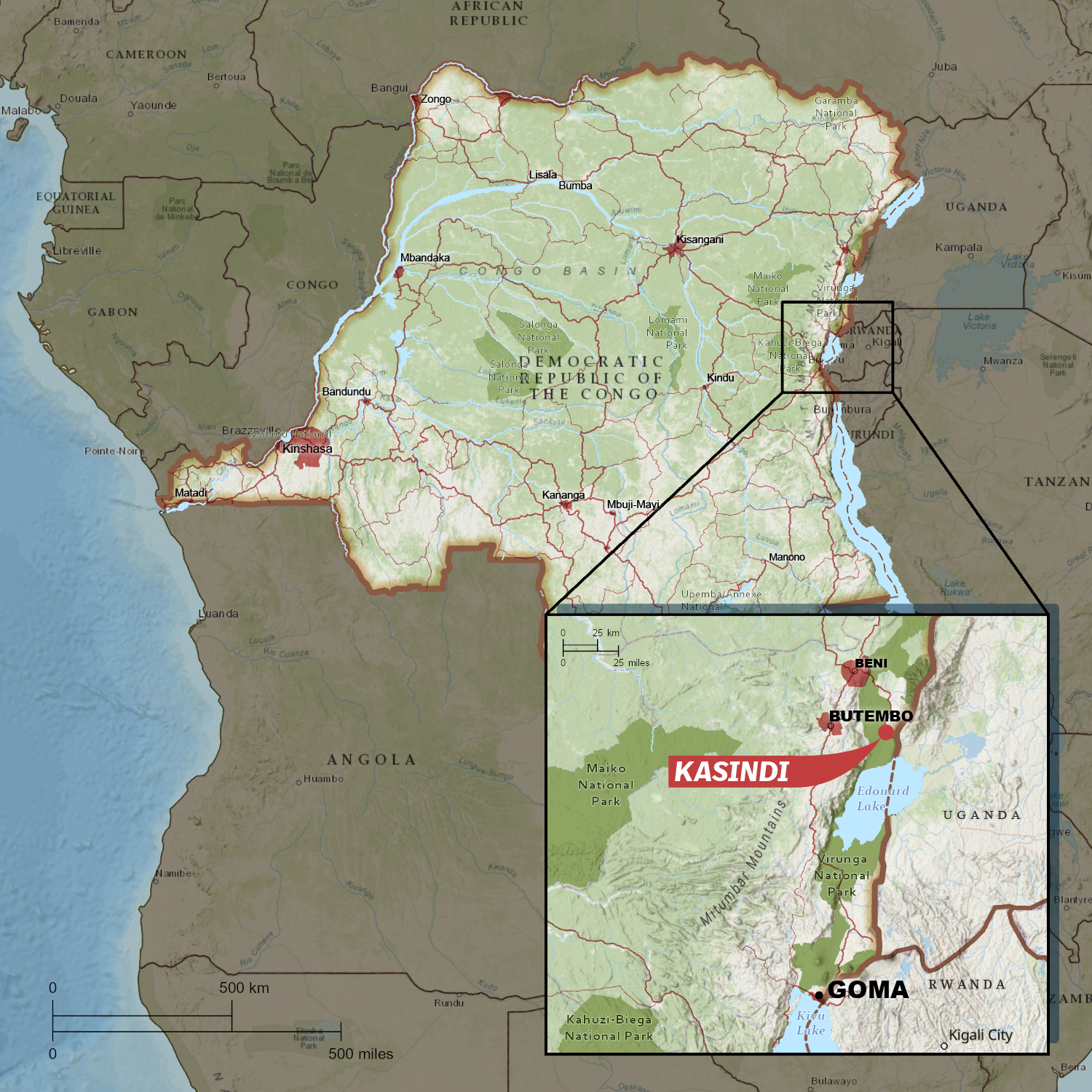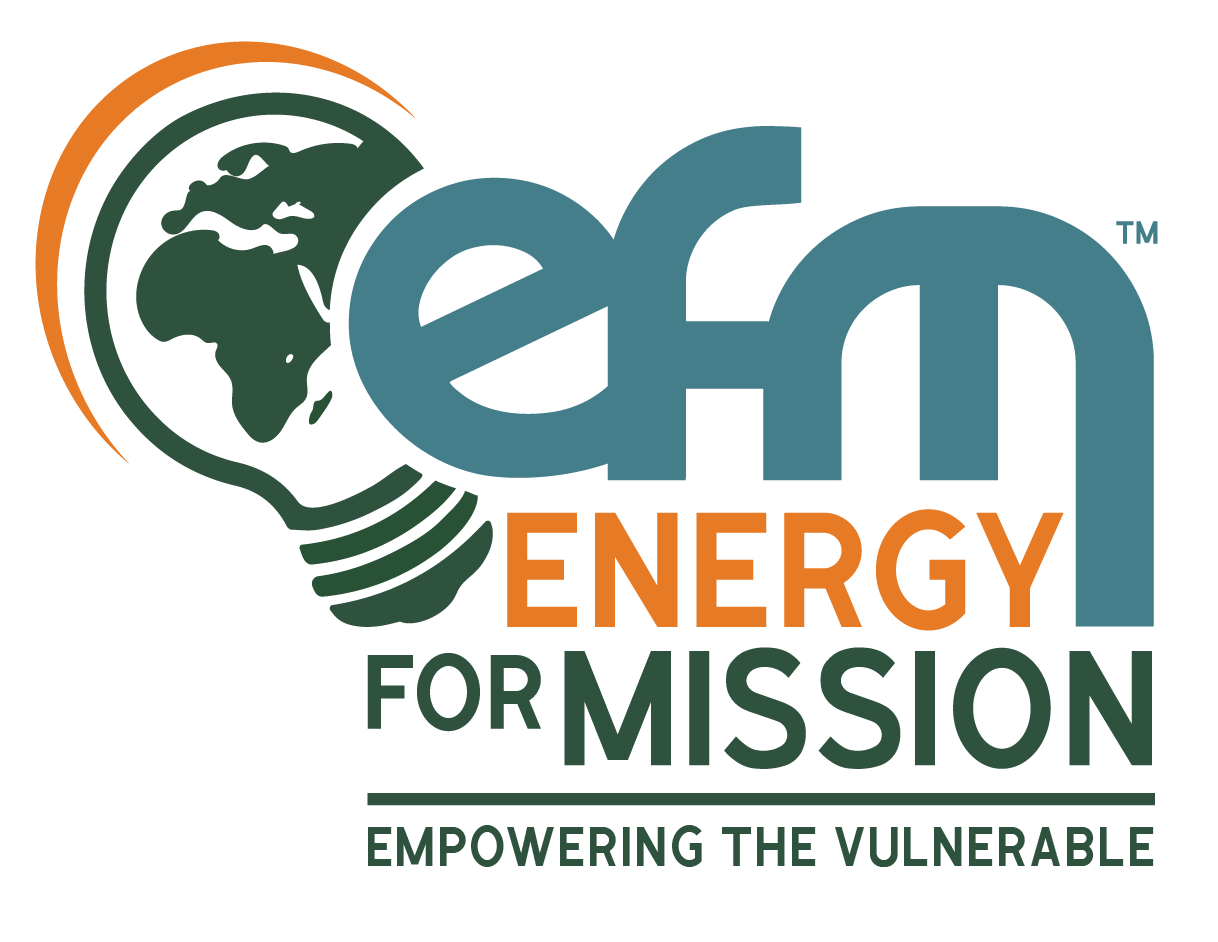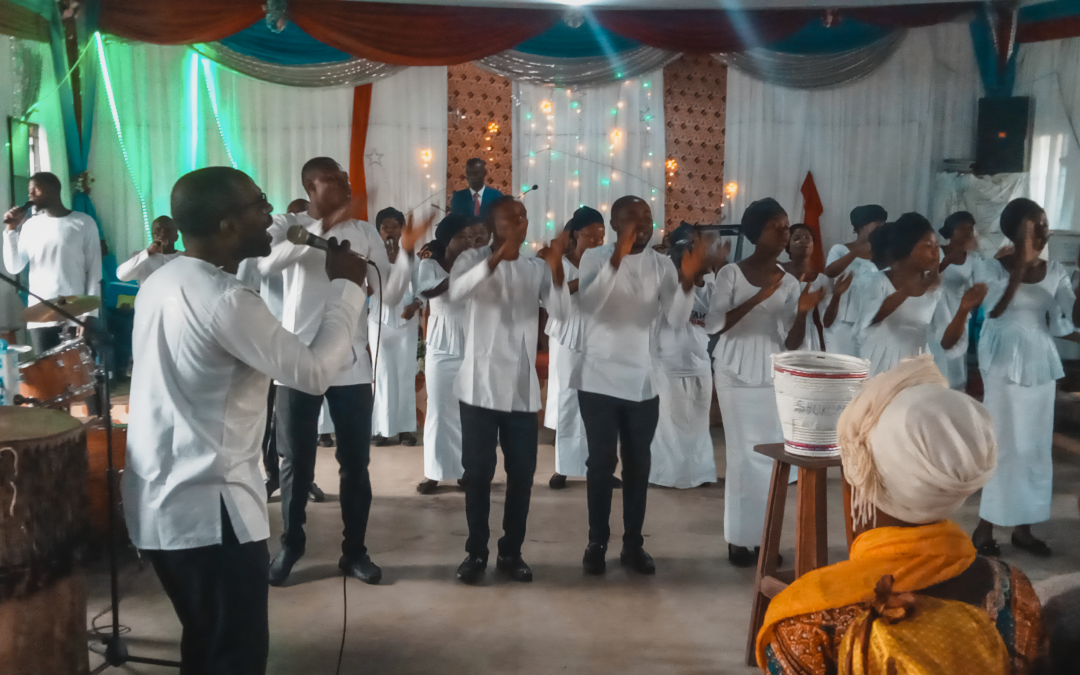Devastation on Sunday Morning
At a routine Sunday service, an armed Islamist group detonated a bomb at a church in the town of Kasindi in the eastern Democratic Republic of the Congo. At least 14 civilians were killed and 71 wounded. Marcel Serubungo, a pastor in the same denomination and Energy for Mission’s Country Director in the DRC, responded immediately.
Trauma healing is one of EFM’s areas of focus in the DRC, and Marcel saw another opportunity to stand alongside the vulnerable in this tumultuous region. After comforting the congregation, he reached out to the Uganda-based trauma healing organization Tutapona. Because violence against civilians is sadly commonplace in the eastern DRC, there is a consistent need to equip the local church with trauma healing expertise.
Tutapona’s team of local trauma specialists will use evidence-based practices in a structured group approach to help people in Kasindi heal. Since 2008, Tutapona has helped build resilient communities in east Africa and the Middle East that have experienced significant trauma from war and conflict. Many refugees in Uganda and the DRC have received care in culturally appropriate ways from Tutapona staff.
An Opportunity for Deeper Healing
In addition to trauma care, the situation in Kasindi calls for EFM to implement its other pillars of mission and development through the local church: faith restoration, peace and reconciliation, and poverty assistance. The bombing and consistent threats to the people of the region from several armed rebel groups have tested the faith of local Christians. The presence of these groups on the outskirts of towns like Kasindi has stoked fear in the region.
One of these groups, the Islamist militia called the Allied Democratic Forces (ADF), which has claimed responsibility for the Kasindi bombing, has forced people to flee the countryside. Farmers are afraid to return to their fields. Some people are afraid to continue their ordinary activities like churchgoing. Some church leaders have struggled to have the faith to continue preaching and teaching in the aftermath of violence.
As EFM partners with organizations like Tutapona, Marcel will continue his long-term work of ministering to the spiritual needs of local churches. He has met with numerous church leaders in the eastern DRC for more than 15 years to lead Faith Restoration workshops. Serving as a pastor to pastors, Marcel has helped spiritual leaders inspire new confidence in God’s work in local congregations.

@SecondSpatial
“Let Us Come Together”
Peace and reconciliation among people both inside and outside the churches integrates with faith restoration. EFM describes its reconciliation initiatives using the Swahili term Tuungane, or “let us come together.” In Kasindi, many relatives of the bombing victims are in outrage, and a lack of proper medical treatment for the wounded has done nothing to help the situation.
Church members also have relatives who have joined armed groups and have even participated in hostilities against their home villages. This latest incident only reignites distrust among neighbors, who typically affiliate in tribally-segregated churches.
Marcel wants to strengthen relationships between the churches and local communities to uplift the spiritual, social, and environmental well-being of all. This begins with initiating a process of reconciliation among church leaders. Years ago, Marcel and his friend Cyprien Nkiriyumwami invited pastors from divergent tribes to a multi-day feast where they were forced to work out their differences. This led to reconciliation among their congregations that has brought greater unity to the churches of the eastern DRC.
While today’s church dynamics do not require such a firm approach, there is still more work to be done. Peace Committees are part of EFM’s reconciliation strategy. Local leading pastors, women, youth, and traditional or community leaders come together to appoint church and community members to receive training in conflict prevention and resolution. After training, elected members form Peace Committees organized geographically to solve both church and wider community conflicts. Marcel recognizes that unified churches and local communities are essential components of stability in the region.
“The Permanent Agent of Change”
Improving economic opportunities for people in Kasindi demonstrates the love for neighbor that flows from reconciliation. Many of the region’s rebel groups recruit young men who see little economic opportunity anywhere else. People cannot buy and sell goods like they normally do for fear of encountering armed fighters. Some women feel they have no choice but to sell their bodies. During his recent visit to Kasindi, Marcel discussed how to boost the local economy. One option is to offer vocational skills training, including assistance with starting small businesses. Many people could provide agriculture-based goods and services like breeding small animals, making baked goods, sewing clothing, or selling charcoal, corn flour, sugar, beans, potatoes, or other produce.
The needs for trauma care, economic opportunity, spiritual restoration, and reconciliation among the vulnerable in the eastern DRC are still urgent. Marcel recently received news of other bombings in North Kivu and in Ituri province to the north. Marcel says that while such bombings are not frequent, there is some indication that armed groups are escalating their attacks, including on churches.
Because churches provide so much assistance to the people of the DRC, Marcel maintains that strengthening the local church is essential for the well-being of the people of Kasindi. “The church is the permanent agent of change in the community,” he says. Although humanitarian organizations may come and go, the church is a stable source of support.
It is because of people like you that we can empower transformative mission among the most vulnerable. Will you join us to help the church in Kasindi?


Recent Comments